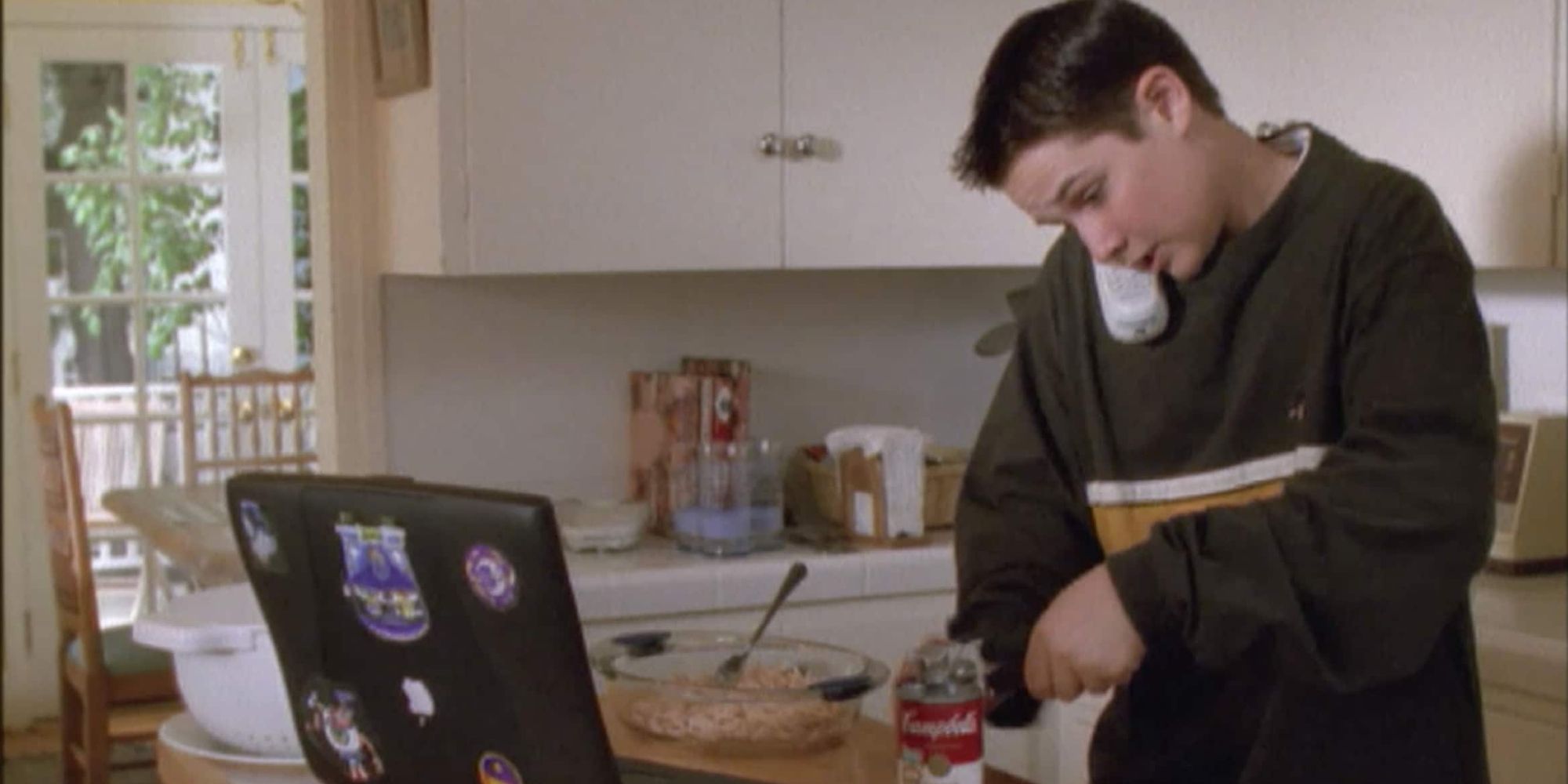
Long before Black Mirror, the Disney Channel Original Movie Smart House left an indelible mark on a generation’s relationship with technology. The film's co-writer, Stu Krieger, still describes himself as a technophobe to this day.
Business Insider ran a retrospective on the ahead-of-its-time Smart House, reflecting on both its clever array of classic sci-fi references and eerie prediction of future technological trends. While Insider cited Krieger as a self-identified technophobe, his definition relates more to his hesitancy to adapt certain new technologies. Overall, the screenwriter-turned-University of California Riverside professor harbors an optimistic outlook toward technological development.
"I do think that evolution will have its glitches and will have its bumps," Krieger told Insider, "but I do ultimately believe in its ability to work things out and become more positive than negative." This statement, along with Krieger’s admission of ultimately embracing smart technologies such as Amazon's Alexa, indicates the writer has perhaps softened the technophobic worldview once glimpsed in his Disney Channel classic.
Not only did Smart House borrow from sci-fi masterpieces such as 2001: A Space Odyssey and Ray Bradbury’s short story "The Veldt," it imbued a childhood fulfillment fantasy into its story that perfectly captured the imagination of its young audience. Krieger spoke to the intentionality of Smart House's perspective, stating that he went "back into my 10-year-old, 12-year-old head and what would I have wanted and then start to think about what might be a technological or iteration of that fantasy."
Prior to Smart House, Krieger had already penned generational defining family classics such as The Land Before Time and Freaky Friday and would go on to create further Disney Channel originals such as Xenon: 21st Century Girl.
Krieger, along with co-author William Hudson and director LeVar Burton, managed to bottle turn-of-the-century technological anxiety masterfully through Smart House and Katey Sagal’s PAT. Insider referred to the 1999 DCOM as one that "cemented in the hearts of Millennials." Though working to overcome his own technophobia in the 21st century, Krieger’s work left lingering technological anxieties in his young audience. Insider mentioned that the advent of technological assistants, such as Amazon’s Alexa, struck a chord with many Disney-raised Millennials as it reminded them of PAT, Smart House’s Personal Applied Assistant portrayed by Sagal.
Smart House stands on the backs of giants such as 2001: A Space Odyssey, even referencing the film's famous line of technological betrayal "I'm afraid I can't do that HAL." Since Smart House’s Disney Channel debut in 1999, a deluge of sci-fi media has attempted to explore our ever-evolving technological reality from a similarly anxious lens.
Smart House, the DCOM now considered a classic to many, is available to stream on Disney+.
Source: Business Insider
0 Comments